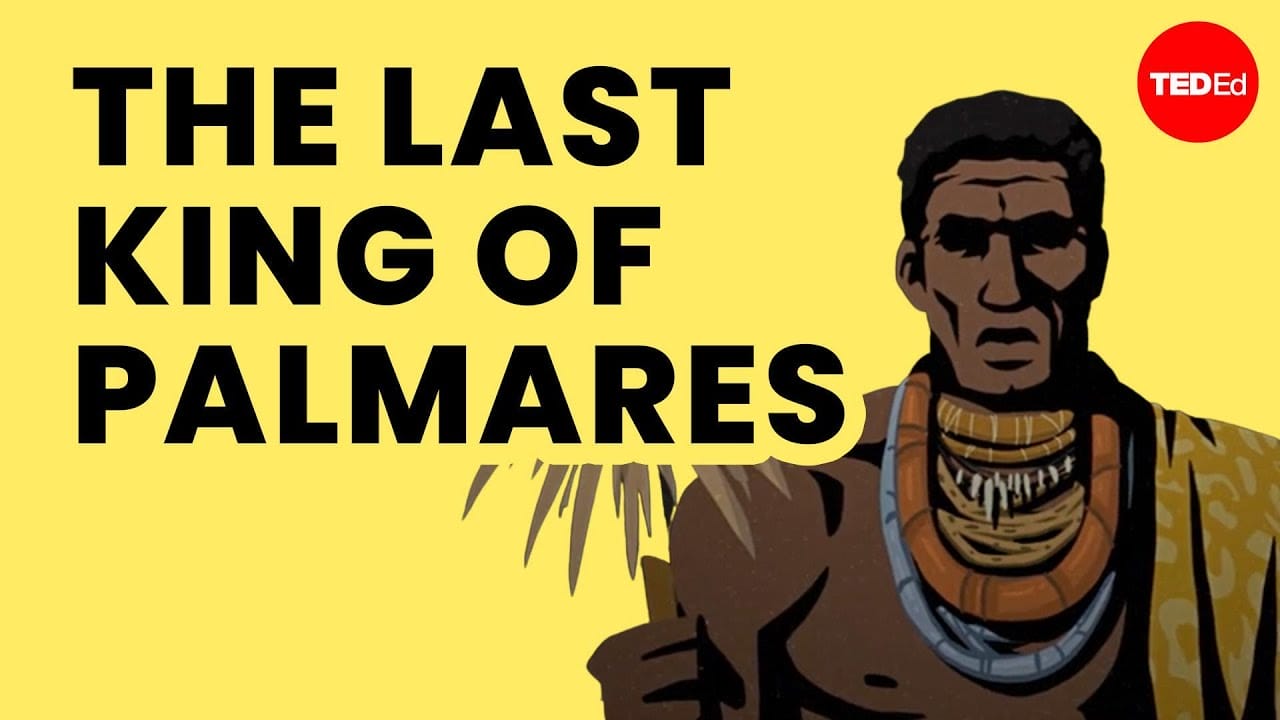The Myth Of Zeus Test
Chat With Your XTutor About This Video Lesson
Lesson Article
A Tale of Hospitality: The Story of Baucis and Philemon
Once upon a time, under the cloak of darkness, two enigmatic figures emerged in a hillside village. These strangers shrouded in mystery, knocked on every door in the village, seeking food and shelter. However, their pleas were met with rejection, until they reached the last door – a small, thatched shack inhabited by an elderly couple, Baucis and Philemon.
Opening Doors to Strangers
Despite the peculiar aura surrounding these visitors, Baucis and Philemon, known for their kindness, welcomed them into their humble abode. The couple had been in love since their youth, and their devotion to each other was evident in their shared home. Their humble cottage, standing strong for decades, was a testament to their enduring love.
A Feast for the Gods
The strangers observed as Baucis prepared a simple vegetable stew, enhanced with strips of meat from an aging shank – a rare luxury for the couple. Despite their limited resources, they engaged their guests in cheerful conversation, offered hot baths, and even managed to balance their wobbly table with a chip of broken clay. Their humble abode was transformed into a banquet hall, filled with the aroma of food and sweet wine.
The Miracle of the Never-Ending Wine
As the night progressed, the couple noticed something extraordinary. Despite their guests’ hearty consumption, the clay vessel of wine never emptied. This miraculous occurrence filled them with awe and fear, leading them to the realization that their guests were not mere peasants, but gods in disguise.
The Test of Xenia
In their panic, Baucis and Philemon attempted to offer their only precious possession, the goose that guarded their home. However, their age and fatigue made the chase impossible. As they braced themselves for divine wrath, their guests revealed their true identities – Zeus, the ruler of the gods, and his son, Hermes, the messenger god. The elderly couple had shown true xenia, or loving hospitality to strangers, and had passed the divine test.
The Reward and Punishment
As a reward for their kindness, Zeus and Hermes transformed their humble cottage into a grand temple. However, the rest of the village, which had refused to shelter the gods, was turned into a murky swamp. Despite their joy at their reward, Baucis and Philemon mourned the loss of their friends and neighbors.
A Wish Granted
Recognizing their devotion, Hermes asked the couple for their heart’s desire. After a brief discussion, Philemon requested that they be allowed to care for the temple and that they die together, so neither would have to face life alone. Their wish was granted, and they spent their remaining years tending to the temple and each other.
The Final Transformation
One fateful day, Baucis noticed leaves sprouting from Philemon’s hands, while her own skin hardened into bark. They embraced, becoming rooted in place as vines wound around their legs and canopies flourished overhead. Their final farewell as humans was marked by their transformation into a linden and an oak tree, their branches intertwined for eternity, a testament to their enduring love and hospitality.
Discussion Questions
- What do you think motivated Baucis and Philemon to open their doors to strangers despite the rejection they faced from others in the village?
- Do you think Baucis and Philemon’s act of hospitality was driven by their love for each other, or was it a reflection of their overall character?
- How do you think Baucis and Philemon’s limited resources influenced their ability to be hospitable to strangers?
- What does the never-ending wine symbolize in the story? How does it contribute to the overall theme of hospitality?
- Why do you think Zeus and Hermes chose Baucis and Philemon as the recipients of their test of xenia?
- How do you interpret the punishment of the rest of the village who refused to show hospitality to the gods?
- Discuss the significance of Baucis and Philemon’s wish to die together and care for the temple. What does it reveal about their values and priorities?
- What do you think the transformation of Baucis and Philemon into linden and oak trees symbolizes? How does it relate to their love and hospitality?
Lesson Vocabulary
Hospitality – The friendly and generous reception and entertainment of guests, visitors, or strangers. – The hospitality of the hotel staff made our stay enjoyable and comfortable.
Story – A narrative, either true or fictitious, designed to interest, amuse, or instruct the audience. – She told us a captivating story about her adventures in a foreign land.
Baucis – In Greek mythology, Baucis was a woman who, along with her husband Philemon, showed great hospitality to the gods Zeus and Hermes, and as a reward, the couple was transformed into trees. – Baucis and Philemon’s kind hospitality towards the gods resulted in their transformation into intertwining oak and linden trees.
Philemon – In Greek mythology, Philemon was a man who, along with his wife Baucis, showed great hospitality to the gods Zeus and Hermes, and as a reward, the couple was transformed into trees. – Philemon’s and Baucis’s selfless hospitality towards the gods earned them a divine reward.
Love – An intense feeling of deep affection, care, and fondness towards someone or something. – She felt an overwhelming love for her newborn baby.
Devotion – A strong feeling of loyalty, dedication, or commitment towards someone or something. – His devotion to his family was evident in the sacrifices he made for their well-being.
Gods – Supernatural beings considered divine or sacred in various religions and mythologies. – The ancient Greeks believed in multiple gods and worshipped them in temples.
Xenia – In ancient Greece, xenia was the concept of hospitality, generosity, and courtesy shown to guests or strangers. – The tradition of xenia required hosts to provide food, shelter, and protection to travelers.
Reward – Something given or received in return for one’s efforts or achievements. – She received a monetary reward for her outstanding performance at work.
Transformation – The act or process of changing in form, appearance, nature, or character. – The caterpillar underwent a remarkable transformation and emerged as a beautiful butterfly.
Share This Lesson:
- Categories: Grade 4, Grade 5, Grade 6, Literature & Language, Religion, TED Ed, Video Lessons
- Keywords: Baucis, devotion, gods, hospitality, love, Philemon, reward, story, transformation, xenia








